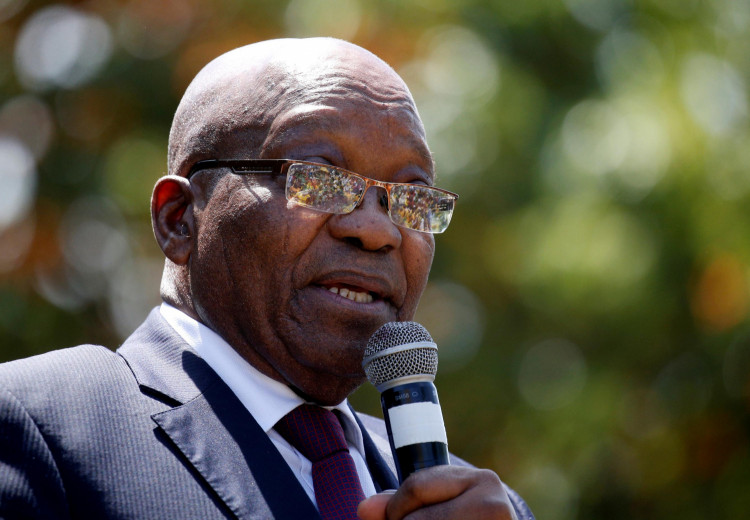Significant irregularities in transactions involving clients with major political leanings have been discovered in an operation by Middle Eastern finance regulators, based on an audit by Pakistan's biggest bank.
The inspection was carried out more than a year after US authorities banned the bank from its financial network. The findings are contained in a document by the State Bank of Pakistan, which was released middle of last year, on Habib Bank Ltd.'s operations in the United Arab Emirates.
The audit was made after the Financial Action Task Force, a worldwide monitoring body for unscrupulous financial dealings placed Pakistan on its watchlist.
In a draft paper submitted earlier, which Bloomberg News covered, Pakistan's central bank disclosed that UAE personnel bypassed policies when opening an account for Duduzane Zuma, the son of former South African president, Jacob Zuma.
The investigation revealed that the Middle East operation offered banking services to "politically exposed persons" without actually labeling them as that, a term used by financial lenders to categorize the risk of accepting money that may result from corruption or bribery.
Major finance institutions around the globe have been implementing stricter policies on dealing with PEPs and other influential figures following a wave of controversies in the aftermath of the financial crisis of 2008. Tighter scrutiny on banking transactions have been set up by regulators in the last 10 years, especially those involving persons with considered as risky.
FATF is scheduled to assess whether to downgrade Pakistan further or include its central bank to its blacklist, in a meeting in Paris that began Sunday. The blacklist would have a serious impact on the country's financial sector.
Staff in some of Habib Bank's branches in the United Arab Emirates helped certain clients disguise transactions by issuing pay orders under their own identities, while discrepancies in risk profiling showed an "ineffective compliance," the central bank reported.
Based on an earlier document of the audit report, the central bank said UAE personnel circumvented rules when opening an account for Zuma and for relatives of Gabonese President, Ali Bongo.
In the list of PEPs given the exceptions, the initial findings showed that Zuma's account at Habib Bank was created in June 2016 and involved a waiver of proof of income document.
That was the time when South African banks were terminating accounts of companies owned by the Gupta Brothers, who have been involved in a series of corruption cases in the country.
The critical nature of the report offers further proof of the weak controls the FATF has been dealing with in its investigation of Pakistan, although the central bank's final audit report also underscores some remedial measures taken by the bank.






